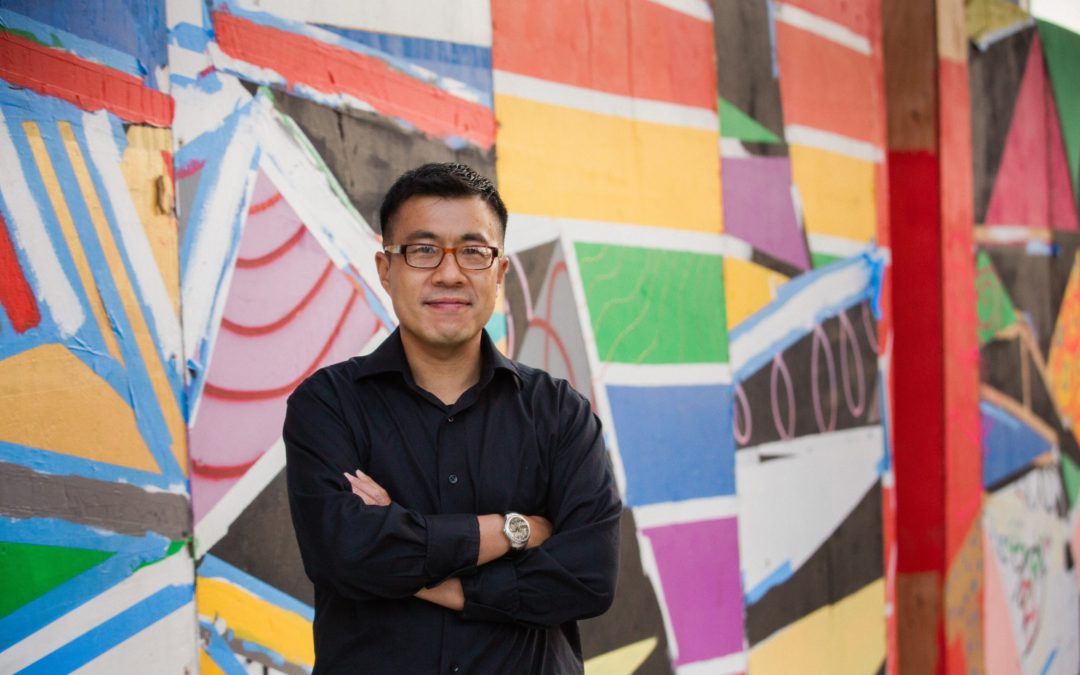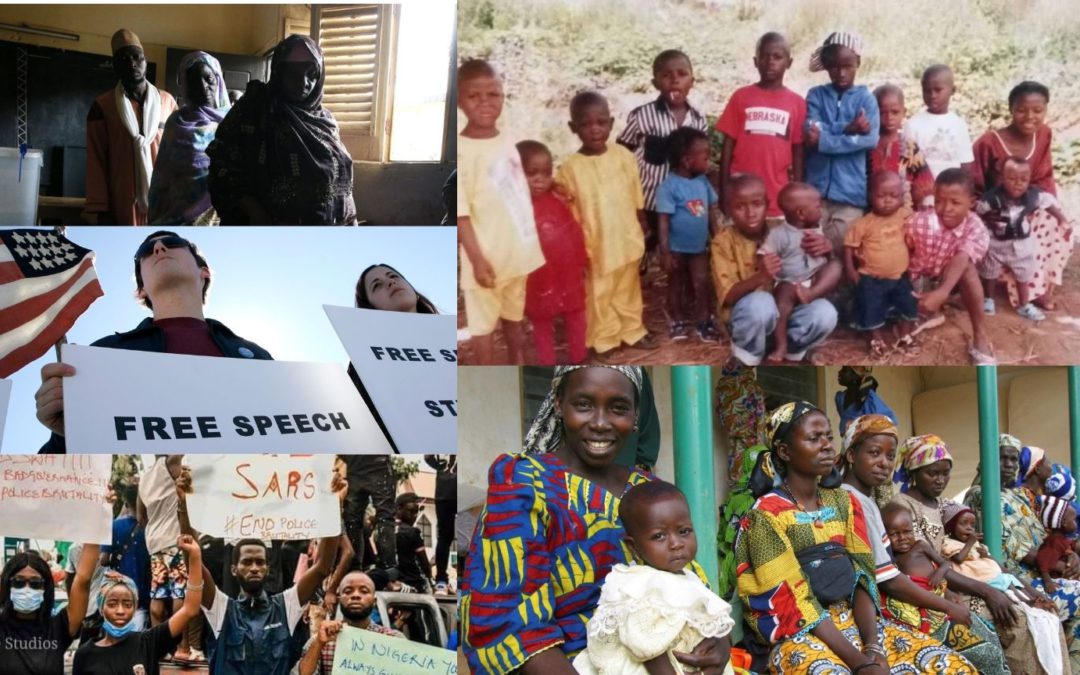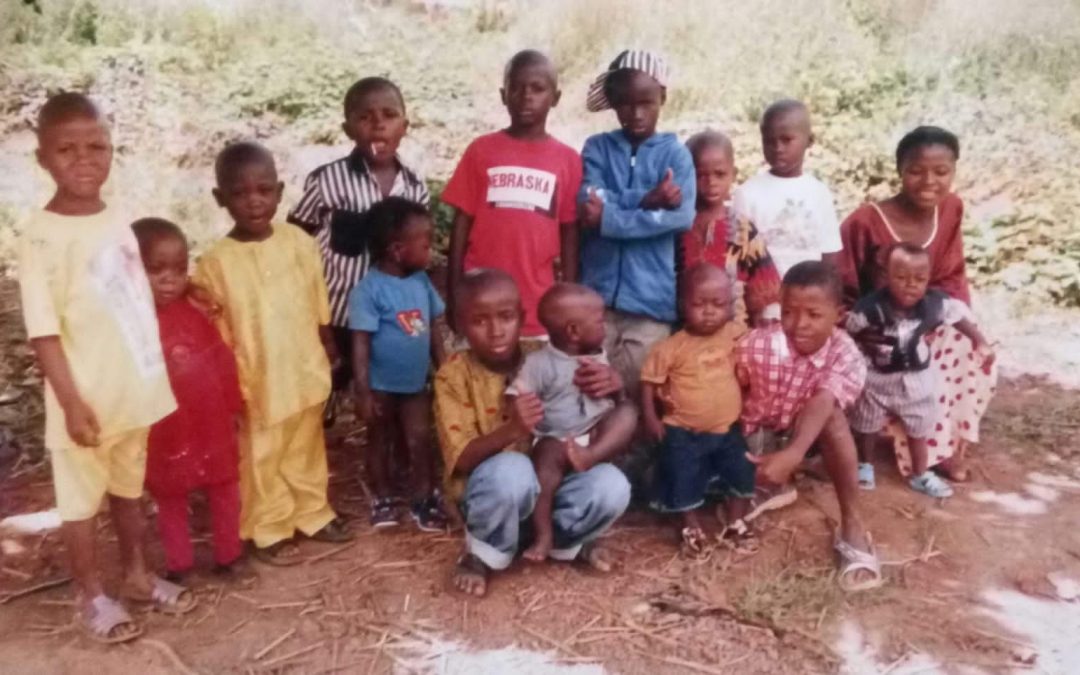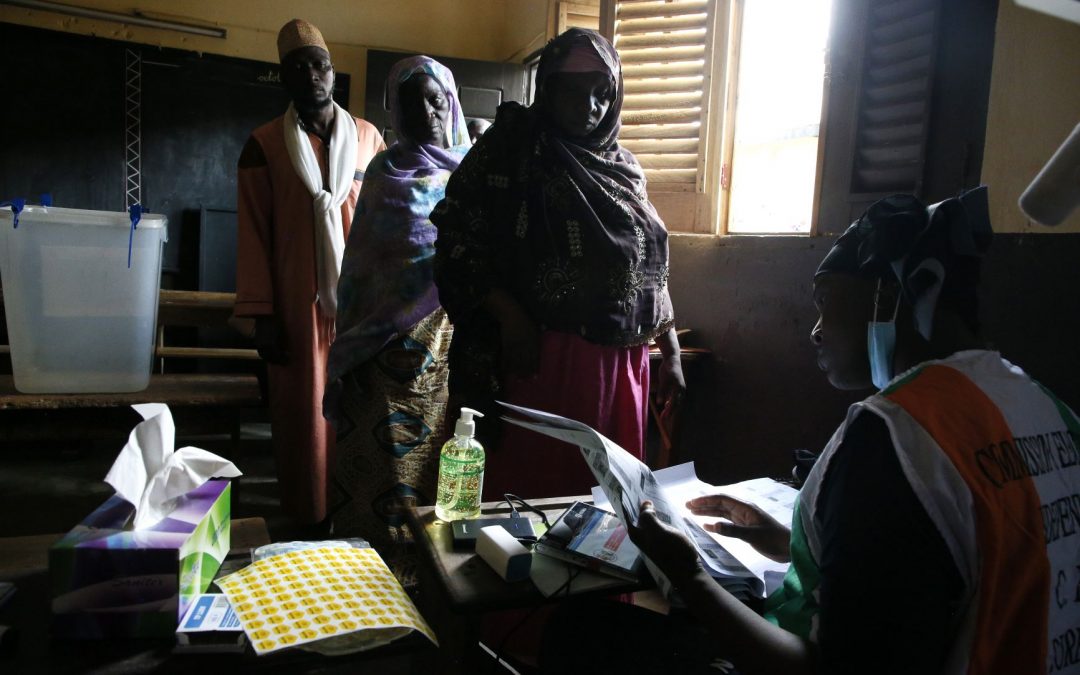
by Elena Townsend-Lerdo | 23 Dec 2020 | Contest winners, Contests, Educators' Catalog, Human Rights, Student Posts, Thacher School, United States, Youth Voices
Prisoners run a newspaper from inside a California jail. The monthly raises awareness of social justice issues and offers a new chance to convicts. Jonathan Chiu (Photo by Christie Goshe) This story won a third prize in News Decoder’s Ninth Storytelling Contest....
Elena Towsend-Lerdo introduces us to a convicted murderer who finds redemption at a newspaper run by prisoners in California’s oldest jail. The San Quentin News is online and accessible to readers around the world. Townsend-Lerdo interviews Jonathan Chiu, who was released after serving 16 years of his 50-year sentence, and a journalism professor who trains prisoners, providing first-hand insight into incarceration and rehabilitation. Those are meaty issues, but the student at La Jolla Country Day School avoids sweeping statements to offer us a peek into the U.S. criminal justice system and a unique path to atonement. Who could your students interview to learn about criminal justice?

by Tendayi Chirawu | 18 Dec 2020 | Friends Seminary, News Decoder Updates, Youth Voices
A former Student Ambassador, Malik Figaro was News Decoder’s first intern from a partner school. Here are lessons he has drawn in his gap year. Malik Figaro, News Decoder’s most recent intern, was nervous before he decided to take a year off between high...

by Nelson Graves | 14 Dec 2020 | African Leadership Academy, Contests, Hewitt, La Jolla Country Day School, News Decoder Updates, Youth Voices
Stories about West Africa, by Africans, dominated News Decoder’s latest Storytelling Contest, which showcases original work by young authors. Winning stories looked at West Africa and freedom of speech in the United States. Three students from the African...

by Tendayi Chirawu | 11 Dec 2020 | Contests, News Decoder Updates, Youth Voices
A three-person jury of professionals has judged entries in News Decoder’s 8th Storytelling Contest. The winners will be announced next week. For Tim Agnew, a juror in News Decoder’s 8th Storytelling Contest, reading the submissions was a learning...

by Joy Chinaza | 9 Dec 2020 | Africa, African Leadership Academy, Contest winners, Educators' Catalog, Eyewitness, Future of Democracy, Human Rights, Personal Reflections, Politics, Student Posts, Youth Voices
I joined protests against police brutality in my home country of Nigeria and saw them almost become a war, then a rude awakening for youth. Protesters in Umuahia, Nigeria, October 2020 (All photos courtesy of Eje Studios) This story was a runner-up in News...
Joy Chinaza takes us into the streets of Nigeria to join young people protesting against police brutality. Like youth elsewhere this year, she is driven by anger over rights abuses perpetrated by police charged with protecting civilians but who instead turn weapons against minorities. A shared sense of injustice motivates Chinaza and millions of others around the globe, making her story a metaphor for youthful outrage. But the personal details in the tale by the African Leadership Academy student, including the beating her own brother suffers, add poignancy that sets her account apart. Make sure students note how the first-person pronoun draws them into the story. And how her outrage — so common among youth — is tinged with ambiguity at the end.

by Jasmine Li | 1 Dec 2020 | China, Discovery, Educators' Catalog, Health and Wellness, Identity, Student Posts, United States, Westover School, Youth Voices
COVID-19 left me in limbo in the United States, full of fear and anger. Then I returned home to China to face criticism before reuniting with my family. An empty John F. Kennedy International Airport in New York (All photos by Jasmine Li) So this is where I am going...
The coronavirus pandemic has put strains on students, their families, schools, entire communities. But Jasmine Li, a Chinese student at Westover School in the United States, provides a first-person account of the special difficulties facing foreign nationals caught in limbo as COVID-19 triggered global travel restrictions. Li cannot return to her temporary home at school, and when she finally makes it home to China, she discovers some compatriots consider her a traitor and urge her to leave. Adolescence can be a difficult period of self-discovery, but Li’s painful experiences are the product of a globalized world that, in normal circumstances, offers extraordinary opportunities but which, during a pandemic, sees forgotten borders re-emerge. Ask each student to describe their most difficult moment during the pandemic. How do their experiences compare?

by Charlotte Parker and Gabriella Rivas | 23 Nov 2020 | Donald Trump, Joe Biden, Personal Reflections, United States, Youth Voices
In 2016, students from a U.S. school near Mexico worried about Donald Trump. Today, one of the youths and their ex-teacher find hope in Joe Biden. Gabriella Rivas and Charlotte Parker in 2016 Gabriella Rivas in 2020 In 2016, after Donald Trump was elected U.S....

by Varlee S Fofana | 10 Nov 2020 | Africa, African Leadership Academy, Contest winners, Discovery, Educators' Catalog, Identity, Personal Reflections, Refugees, Student Posts, Youth Voices
My family fled civil war in Liberia to a refugee camp in Guinea in West Africa. I learned the power of resilience and the value of diversity. The author, in white next to the woman on the right, at the Kouankan refugee camp in Guinea This story won first prize in News...
News Decoder’s goal is to create a global community, and Varlee Fofana has added his unique voice to the conversation with an essay about growing up in a refugee camp in Guinea. Not many News Decoder students have had to flee civil war as Fofana did, yet many play football, as the author did to connect with other refugee children. Gathering wood, plowing farmland or selling kerosene might not be common chores for most News Decoder students, but they, too, face challenges. Ask your class to read Fofana’s story and then, in up to 600 words, describe a personal experience that shaped their life and character. Encourage them to follow Fofana’s example by using simple words and an unassuming tone to draw readers into their world.

by Tendayi Chirawu | 5 Nov 2020 | Human Rights, La Jolla Country Day School, United States, Youth Voices
California student Lucy Jaffee interviewed renowned free-speech expert Floyd Abrams to write a forward-looking article on a landmark court case. Lucy Jaffee Lucy Jaffee was researching a complicated U.S. court case involving students’ right to freedom of speech....

by Adayé Sosthène Yvan N'guettia | 2 Nov 2020 | Africa, African Leadership Academy, Contest winners, Educators' Catalog, Government, Student Posts, Youth Voices
For years, Ivory Coast has been split politically and at times torn by outbursts of violence. Youth are working for peace in the West African nation. Voters at a polling station during the first round of Côte d’Ivoire’s presidential election in Abidjan, 31...
Ivory Coast has a complex political story, but Adayé Sosthène Yvan N’guettia keeps it simple in his story about youth working for peace in the West African nation. Many young people are upset over the state of the world that they will inherit, but N’guettia shows initiative by interviewing three activists toiling for change in Côte d’Ivoire. He listens and offers telling quotes, using a deft hand to drive home his message. Growing up is about discovering the world, and some students — N’guettia among them — see the challenge as a learning adventure. Ask your class to read N’guettia’s story, interview three activists and, using the activists’ words, summarize what they’ve learned.










